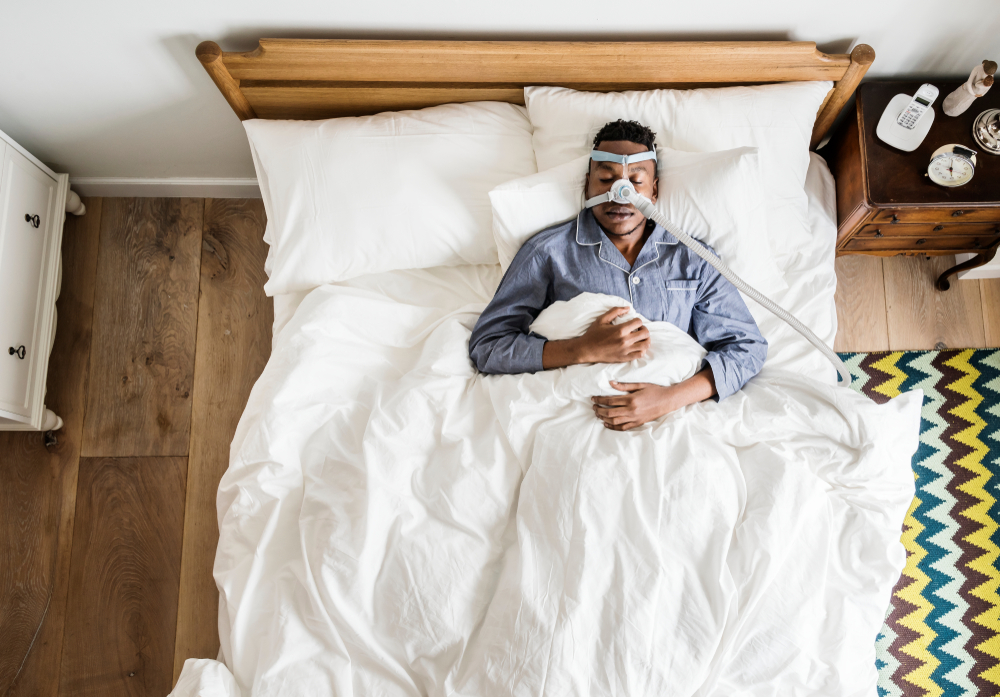Sleep Apnea: Dangerous but Treatable
Can sleep apnea, the common sleep disorder, kill if left untreated? In this article, we’ll discuss the dangers of sleep apnea and the treatments available to help manage the condition.

Dangers of Sleep Apnea
Sleep apnea can lead to high blood pressure, which in turn can increase the risk of heart disease and stroke. When you experience sleep apnea, your body is deprived of oxygen, which can cause your blood pressure to rise. This can put a strain on your cardiovascular system and lead to serious health complications.
Type 2 Diabetes
Sleep apnea has also been linked to the development of type 2 diabetes. This is because sleep apnea can cause changes in insulin sensitivity and glucose metabolism. In addition, the fatigue and lack of sleep caused by sleep apnea can make it more difficult to manage diabetes effectively.
Fatigue and Daytime Sleepiness
One of the most common symptoms of sleep apnea is fatigue and daytime sleepiness. This can make it difficult to concentrate and perform daily tasks, and can increase the risk of accidents while driving or operating machinery.
Treatments for Sleep Apnea
The most common treatment for sleep apnea is Continuous Positive Airway Pressure (CPAP) therapy. This involves wearing a mask over your nose and/or mouth while you sleep, which delivers a continuous stream of air to keep your airway open. CPAP therapy is highly effective in reducing the symptoms of sleep apnea, including daytime sleepiness and fatigue.
TAP Devices
TAP (Thornton Adjustable Positioner) devices are a type of oral appliance used to treat sleep apnea. TAP devices work by gently repositioning the jaw to keep the airway open during sleep. TAP devices are adjustable, allowing your dentist to customize the fit to ensure maximum effectiveness. TAP devices are a popular alternative to CPAP therapy, as they are more comfortable and less obtrusive than a mask. If you’re interested in exploring oral appliance therapy for sleep apnea, including TAP devices, speak to your dentist to determine if this treatment option is right for you.
Surgery
In some cases, surgery may be necessary to treat sleep apnea. This can involve removing excess tissue from the back of the throat or repositioning the jaw to open up the airway. Surgery is typically only recommended for severe cases of sleep apnea that have not responded to other treatments.
Conclusion
Sleep apnea is a serious condition that may not kill but can have significant health consequences if left untreated. If you’re experiencing symptoms of sleep apnea, it’s essential to seek treatment to manage the condition and reduce the risk of complications. At Jamestowne South Dental in Bingham Farms, Michigan, we offer comprehensive sleep apnea treatment options, including CPAP therapy, oral appliance therapy, and surgery. Don’t let sleep apnea affect your quality of life – schedule an appointment today to learn more about how we can help.
